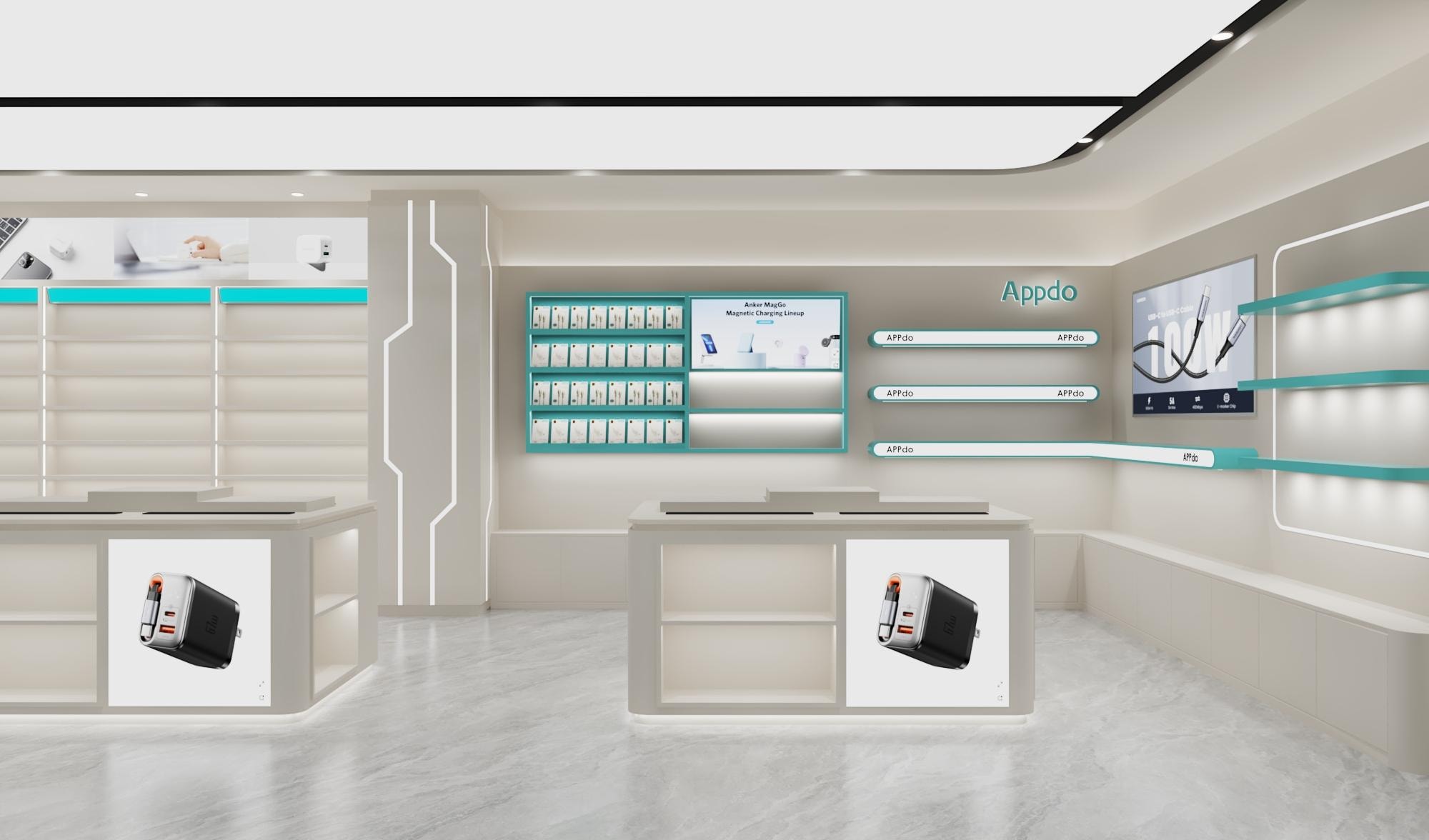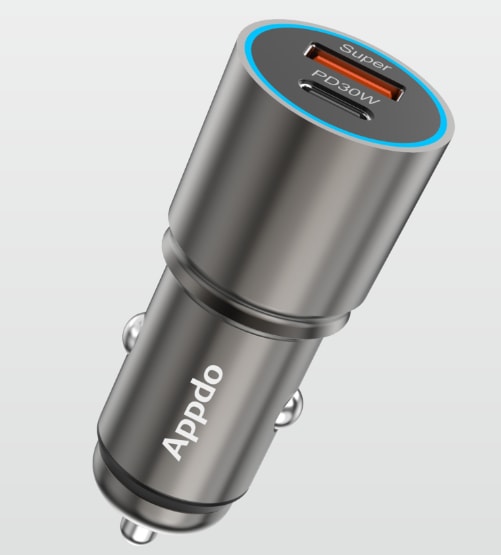
The Ultimate Guide to Car Chargers: How to Choose the Best "Energy Station" for Your Car
Updated on October 23, 2025
Are you worried about your phone or GPS running out of power in your car? This article is your ultimate guide to car chargers, detailing how to choose one based on power, connectivity, and safety features. We also offer brand recommendations and usage tips to ensure you stay fully charged while driving.
Table of contents

In an era where smartphones have become an external organ of our daily lives, the car charger has evolved from an optional accessory to an absolute necessity for every vehicle. Whether it's for navigation, listening to music, or taking important calls, a reliable car charger ensures your devices stay online. But with a vast array of products on the market, have you chosen the right one? This article will provide an in-depth look at car chargers, helping you make the smartest choice.
1. Why Do You Need a High-Quality Car Charger?
A poor-quality car charger does more than just charge slowly; it can potentially:Damage Electronic Devices: Unstable output current and voltage can damage your phone's battery, shorten its lifespan, or even fry the motherboard.
Pose Safety Hazards: Cheap products often lack overload, over-voltage, and short-circuit protection. In extreme cases, this can lead to circuit overheating, fire, and endanger both the vehicle and its occupants.
Impair the Driving Experience: "Snail-paced" charging speeds and an inability to charge multiple devices simultaneously cause significant inconvenience, especially on long trips or when powering both a phone and a dash cam.
2. Four Core Factors for Choosing a Car Charger
1. Power & Current: Fast Charging is Key
The formula Power (W) = Voltage (V) x Current (A) is fundamental. The output current of a car charger is a core indicator of its performance.
Basic Needs (5V/2.4A): Suitable for standard-speed charging of a single phone or tablet. Total output per USB port is about 12W.
Multi-Device Needs (Dual or Multiple Ports): Choose a product with a higher total output current. For example, ensure each USB port can provide 2.4A, with a total current of 4.8A or higher, to guarantee simultaneous high-speed charging for multiple devices.
Fast-Charging Needs (QC/PD): Most modern smartphones support fast-charging protocols. Look for car chargers that support mainstream protocols like QC (Qualcomm Quick Charge), PD (USB Power Delivery), or Huawei FCP/SCP. These intelligently identify devices and can deliver up to 60W or even 100W of power, rapidly replenishing your phone's battery in a short time.
2. Port Types and Quantity
Quantity: Choose based on your daily driving scenarios. If you often travel with family or friends, a dual USB-A port or a combination of one USB-A and one Type-C port is ideal.
Type: The Type-C port has become the standard for new devices, supporting higher data transfer rates and charging power. It's advisable to choose a product with at least one Type-C port for future-proofing.
3. Safety Protection Features
This is the dividing line between high-quality and inferior products. A safe car charger must include:
Over-Current Protection: Automatically cuts off power when the current exceeds a safe value.
Over-Voltage Protection: Prevents abnormally high voltage from damaging your devices.
Short-Circuit Protection: Automatically shuts down output in case of a short circuit.
Over-Temperature Protection: Reduces power output or shuts down when internal temperatures become too high.
Surge Protection: Safeguards devices from instantaneous current spikes generated when starting the car.
Always check the product description to confirm these protection mechanisms are included.
4. Brand and Build Quality
Brand: Opting for reputable brands (such as Anker, Baseus, Aukey, Xiaomi, etc.) generally means better quality control, more stable performance, and more reliable after-sales service.
Material & Design: The housing should ideally be made of flame-retardant materials (like PC+ABS). A compact design avoids occupying too much space around the cigarette lighter socket, making it easier to plug and unplug. An indicator light lets you see the operational status at a glance.
3. Popular Car Charger Brand Recommendations (For Reference)
Anker: Known for high quality and stability, a leader in fast-charging technology. Priced slightly higher but offers good value.
Baseus: Features stylish designs, comprehensive functionality, and high cost-effectiveness. Its diverse product lineup is popular among younger users.
Aukey: Offers various fast-charging solutions with reliable products, making it a strong competitor in the market.
Xiaomi/Zimi: Continues the minimalist design and high cost-effectiveness of the Xiaomi ecosystem, an excellent choice for entry-level and mid-range users.
4. Precautions for Using a Car Charger
Start the car first, then plug in the charger: This avoids the high current surge during engine startup from impacting the charger.
Avoid prolonged use after turning off the engine: This can drain the car's battery significantly, potentially preventing the vehicle from starting.
Clean the cigarette lighter port regularly: Dust and debris can affect connectivity, leading to unstable charging or failure.
Avoid use in extreme temperatures: Exposure to intense heat or severe cold can affect the charger's lifespan and performance.

